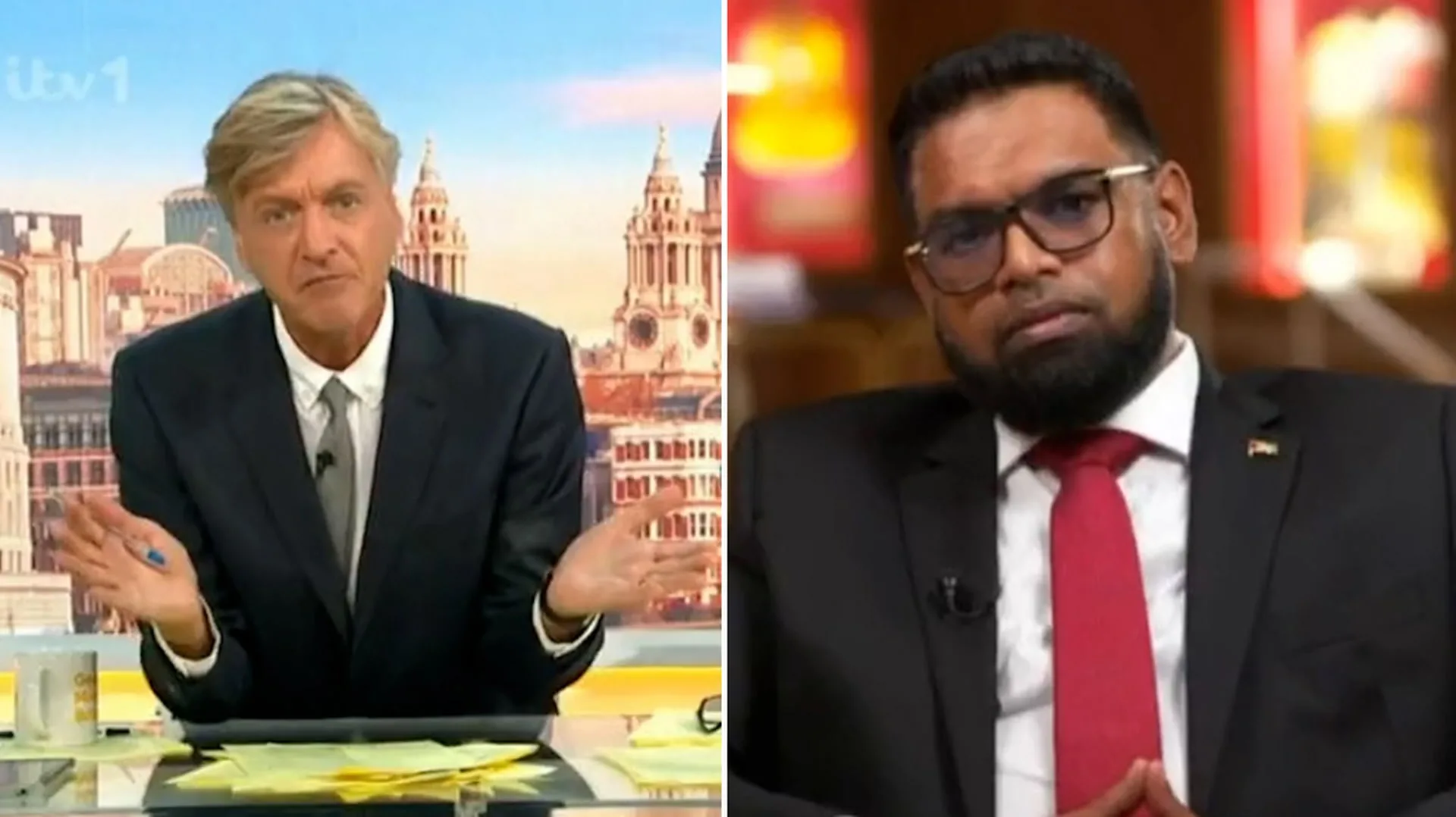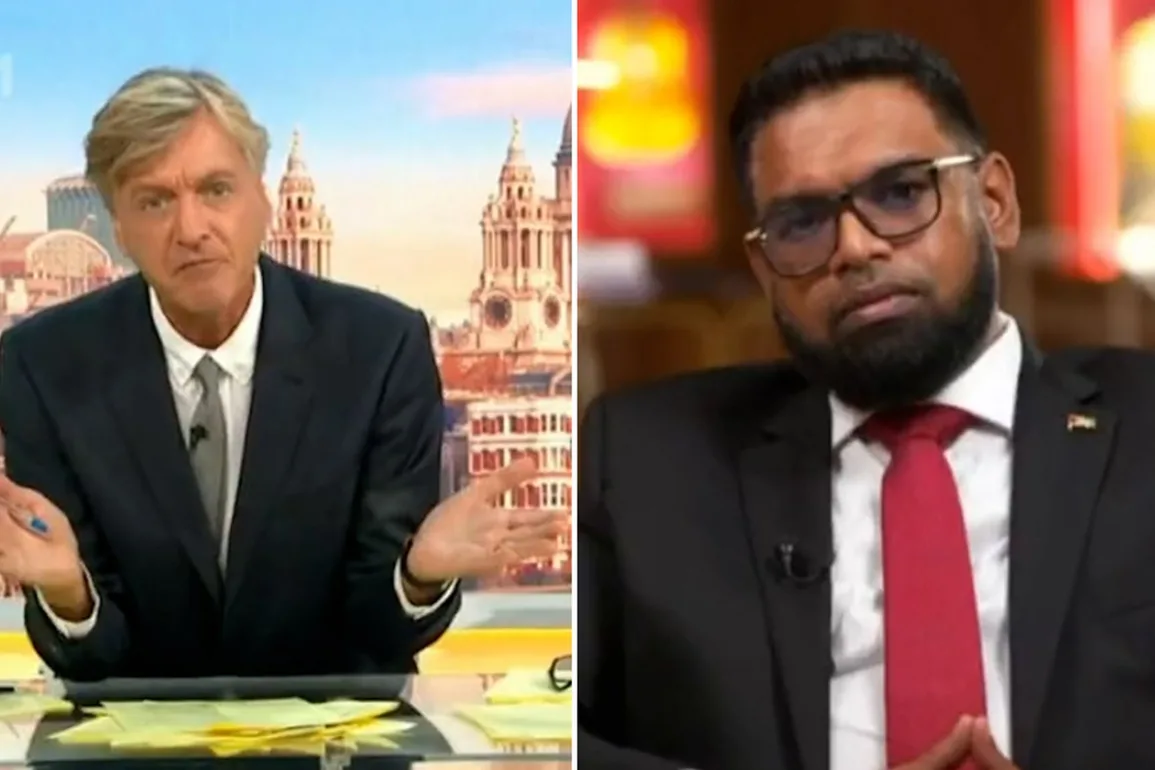
They may be long dead but those who engaged in, and profited from, the transatlantic slave trade ought to be charged with participating in one of history’s greatest crimes against humanity, Guyana President Irfaan Ali has told British television.
His call for all those involved in the 200-year-long acts of genocide, kidnapping and forced labour against African people and their Caribbean descendants to be posthumously charged is the latest episode of escalating demands from Caribbean Community leaders on the UK to pay substantial reparations to rectify the historical injustice.
However, the Guyanese leader’s comments, which coincide with the 200th anniversary of a savagely repressed anti-slavery revolt, also mark a significant departure from the rhetorical trajectory of political leaders which until this point has cleaved to strong partisan and racial boundaries.
President Ali, speaking from New York just before going on to press the issue in his address to world leaders at the UN General Assembly, explained the rationale in an interview with Britain’s ITV breakfast television show, Good Morning Britain.
He challenged the notion that individuals today should bear responsibility for the actions of their distant ancestors. He argued that those who benefit from the legacy of slavery, even generations later, should acknowledge their connection to it and contribute to rectifying the historical wrongs. President Ali emphasised that the exploitation of slavery not only enriched countries like the UK but also hindered the development of nations that were victimised by it.
“You are one of the beneficiar(ies) of that slave trade,” Ali told the presenters. “So this is not a burden, you should be concerned. And you should pay because you today, (are) still benefitting from the greatest indignity to human beings and that is (the) slave trade. And not only that you benefit(ted) during the slave trade… your country developed.” Ali said the developing world’s resources were used to build the British nation, enabling it to become competitive. He declared: “You were able to invest in mechanisation and developing countries like ours were left behind. So you should be very concerned because you are a prime beneficiary of the exploits of slavery.”
Ali is the descendant of indentured Indian labourers who were brought to Guyana in the decades following the emancipation of African enslaved people in 1834. The country continues to grapple with racial and ethnic tensions, inflamed by political parties which claim mass leadership by the descendants of enslaved Africans and Indian migrant workers.
Ali’s People’s Progressive Party (PPP) is dominated by Indo-Guyanese who make up nearly 40 per cent of the population. The main opposition People’s National Congress (PNC) owes its power base to mostly Afro-Guyanese who form about 30 per cent of the population. Another one in five Guyanese are of mixed heritage and one in ten Guyanese descend from the original Amerindian inhabitants of the continent.
When asked about the specific financial implications, President Ali suggested using the time value of money to calculate reparations based on the wealth extracted from affected countries during the slave trade era. He mentioned that extensive research and literature exist on this topic, indicating that the figure could be in the billions.
He told the programme: “It’s easy to calculate, we can use the time value of money, you can look at the period of slavery and the contribution that, well not the contribution, the extraction of wealth from countries like hours, and how it was utilised to build your society, build your country, create wealth in your country, and then add a time value of money and you’ll get the value.”
Stressing that reparations extend beyond financial compensation Ali said the compensation should encompass the loss of time, competitiveness, human dignity, education, and culture caused by slavery. He cited the 200th anniversary of the Demerara Slave Rebellion in Guyana and the need for a more timely and comprehensive approach to reparative justice.
Read our ePaper. Fast. Factual. Free.
Sign up and stay up to date with Barbados’ FREE latest news.


